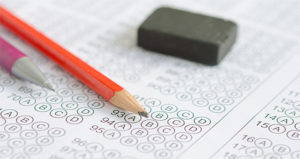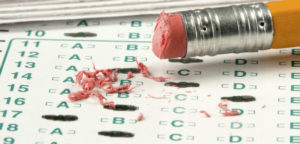
Ten Study Strategies for Students and Their Teachers
Here’s one of those articles that really shouldn’t be missed, particularly for those with interest in making teaching and learning more evidence-based. Current thinking about evidence-based teaching and learning tends to be more generic than specific. Use any active learning strategy intermittently or even regularly,








